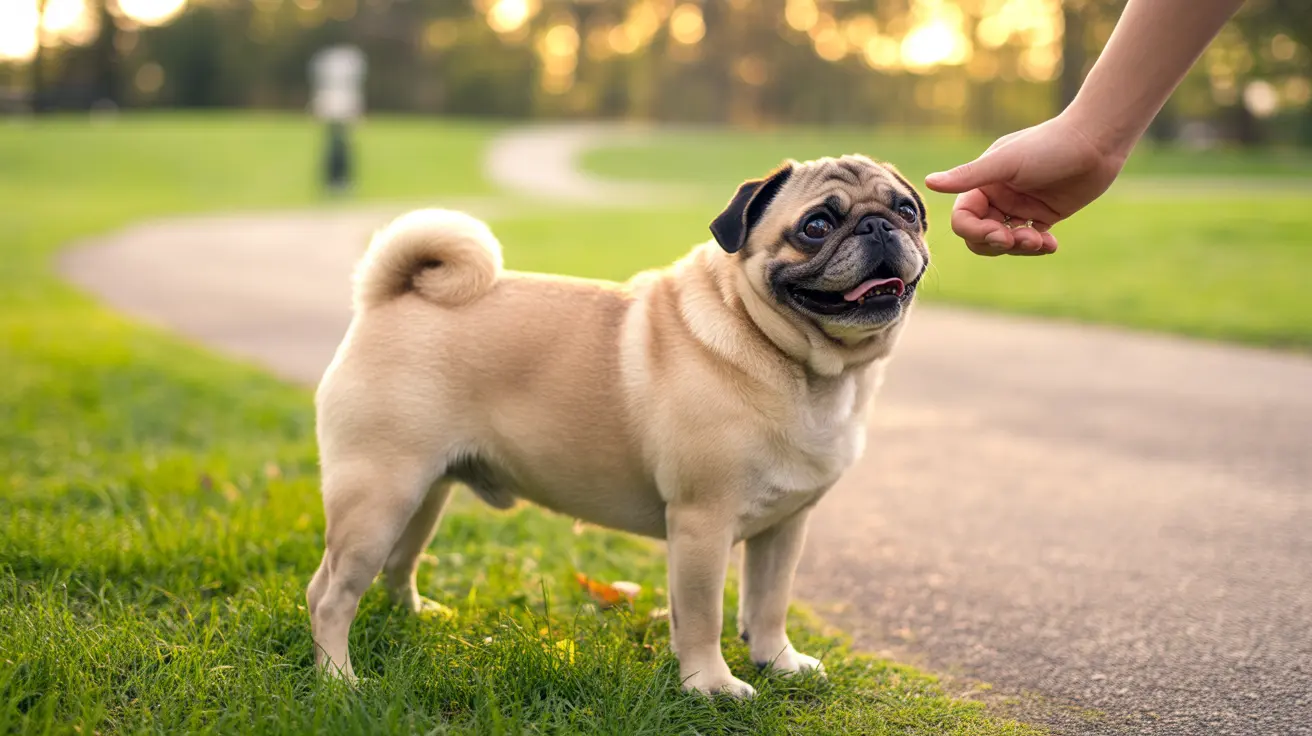Choosing the right name for your dog is more than just a fun exercise—it's an important decision that can impact your pet's training, socialization, and daily life. Different breeds often inspire different naming trends, and understanding these patterns can help you select the perfect name for your furry friend.
From traditional favorites to trendy newcomers, let's explore how breed characteristics influence naming choices and discover the most popular names across different dog breeds.
Understanding Breed-Specific Naming Trends
Different dog breeds often inspire distinct naming patterns based on their size, appearance, and heritage. Large breeds like Newfoundlands and Great Danes frequently receive names that reflect their impressive stature, such as "Bear" or "Zeus." Conversely, smaller breeds might get playful names like "Peanut" or ironically grand names like "King."
Popular Names for Top Breeds
Each breed tends to have its own set of favored names. For example:
- Labrador Retrievers: Luna, Lucy, Cooper, Bella
- German Shepherds: Daisy, Molly, Luna, Charlie
- Golden Retrievers: Lucy, Bailey, Luna, Bella
- French Bulldogs: Luna, Bella, Max, Winston
- Poodles: Teddy, Max, Coco, Sophie
Cultural and Regional Influences
Dog naming trends vary significantly by region and cultural context. In the United States, certain names dominate specific areas—"Tucker" is particularly popular in Tennessee, while "Luna" leads in Texas and Washington. International influences also play a role, with some owners choosing names that reflect their dog's breed origin, such as German names for Dachshunds.
Choosing a Name That Fits
Size and Personality Considerations
When selecting a name, consider your dog's physical characteristics and personality traits. A Saint Bernard might suit a name like "Moose" or "Atlas," while a Yorkshire Terrier might be better matched with "Pixie" or "Mini."
Training and Recognition
The most effective dog names are typically one or two syllables long, making them easier for dogs to recognize and respond to. Avoid names that sound similar to common commands to prevent confusion during training—for example, "Kit" might be confused with "sit."
Modern Naming Trends
Contemporary dog naming trends often reflect broader cultural influences:
- Pop culture references (Marvel characters, Disney names)
- Food and drink inspired names (Pepper, Mocha, Cookie)
- Nature-themed names (River, Storm, Forest)
- Human names (Charlie, Luna, Max)
- Heritage-inspired names (cultural or breed-specific)
Frequently Asked Questions
How do popular dog names vary by breed and region in the US?
Popular dog names show distinct regional patterns, with certain names dominating specific areas. For example, "Luna" is particularly popular in coastal states, while traditional names like "Buddy" remain strong in the Midwest. Breed-specific preferences also vary by region, with French Bulldogs dominating urban areas and Labradors more popular in suburban and rural settings.
What are the most popular dog names for specific breeds like Labrador Retrievers and French Bulldogs?
For Labrador Retrievers, top names include Luna, Lucy, Cooper, and Bella. French Bulldogs commonly receive names like Luna, Bella, Max, and Winston. These trends often reflect the breeds' characteristics and personality traits.
How can I choose a dog name that fits my dog's breed, personality, and size?
Consider your dog's physical characteristics, temperament, and breed heritage. Choose a name that's easy to pronounce and recognize, avoid names that sound like commands, and ensure the name suits your dog's size and personality traits.
What are some unique or trendy dog names inspired by pop culture for different breeds?
Popular culture consistently influences dog naming trends. Current favorites include Marvel characters (Loki, Thor), Game of Thrones references (Arya, Ghost), and Disney characters (Simba, Olaf). These trends vary by breed, with larger breeds often receiving more dramatic names.
Why are shorter, one- or two-syllable names better for dog training and recognition?
Shorter names are easier for dogs to recognize and remember. They're also more effective for training as they can be called out quickly and clearly. One- or two-syllable names help maintain your dog's attention and ensure better response during training sessions.
Conclusion
Selecting the right name for your dog is a balance between personal preference, practicality, and your pet's unique characteristics. Whether you choose a traditional name or something more contemporary, ensure it's one that both you and your dog will be happy with for years to come. Consider your dog's breed characteristics, but don't feel constrained by conventional naming patterns—the perfect name is one that resonates with both you and your furry friend.






